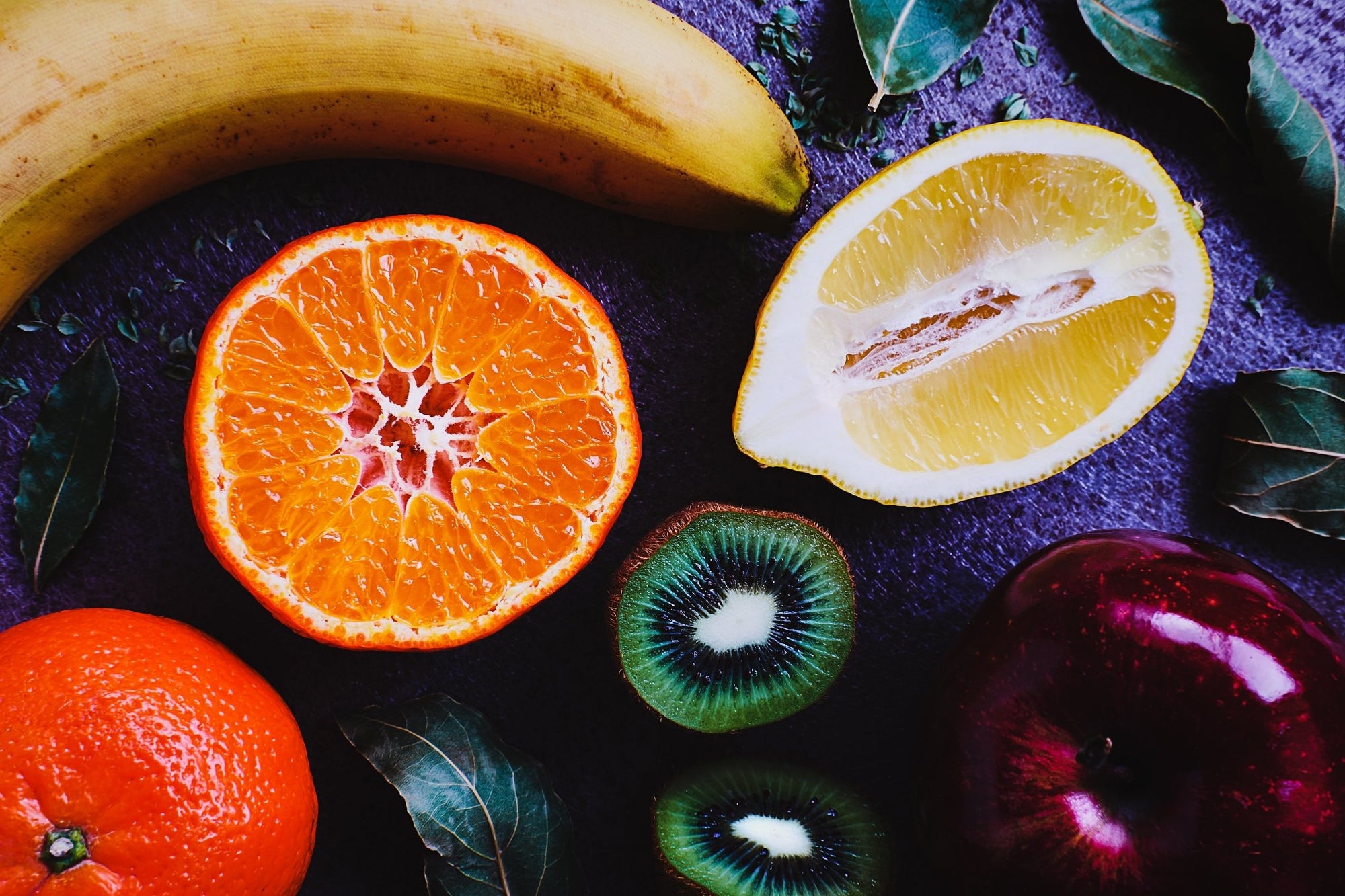

· By Joseph Welstead
Will fruit make me fat?
Fruit: it’s high in sugar, right? So it’s got to be bad for me, right?
We regularly hear self-proclaimed fitness professionals encourage their clients to eat less fruit as it is carb-heavy, and often contains high levels of (naturally occurring) sugars. Here at Motion Nutrition, we struggle to get along with this type of attitude. Carbohydrates tend to be seen as the enemy when trying to lose fat. And there is good reason to believe that a high protein, low carbohydrate diet may help you shed excess pounds. However, taking a bird’s eye view of macronutrients (carbs, proteins & fats) is an extremely limited approach to a nutritional plan, and it simply isn’t fair on certain ‘carb-heavy’ food groups such as fruit. Refined sugars will spike your blood sugar levels, they’ll damage your teeth and cause havoc to your gut flora, they can cause insulin resistance which may lead to diabetes, and they’ll leave you craving for more 30 minutes later. Now contrast this with eating a humble snack of a banana and an apple. Sure, you might be ingesting about 30g of naturally occurring sugars. But you’ll also be feeding your body with a range of micronutrients such as B-vitamins and potassium – essential for high energy levels and avoiding cramps during your workouts. The fruit is a great source of pectin, which will actually help regulate your blood sugar levels – it will also make you feel full for a long while. The fibre in the fruit (especially bananas on the green side) will aid digestion and acts as a prebiotic, nourishing a healthy gut flora. Chewing on a nice crunchy apple will actually help preserve your teeth by stimulating the production of saliva. By eating the fruit, you’ll also be giving a good boost to your immune system thanks to all the vitamins it contains.
So here’s why we urge you to look deeper into the food you choose instead of simply thinking of macronutrients.
If your PT ever suggests you should avoid fruit and instead opt for a low carb protein bar, this may indeed have its health benefits, but we invite you to look at the ingredients list. Does it contain added refined sugar? Does it contain synthetic sweeteners? Would you not rather eat a banana and an Organic Protein Shake?
Now contrast this with eating a humble snack of a banana and an apple. Sure, you might be ingesting about 30g of naturally occurring sugars. But you’ll also be feeding your body with a range of micronutrients such as B-vitamins and potassium – essential for high energy levels and avoiding cramps during your workouts. The fruit is a great source of pectin, which will actually help regulate your blood sugar levels – it will also make you feel full for a long while. The fibre in the fruit (especially bananas on the green side) will aid digestion and acts as a prebiotic, nourishing a healthy gut flora. Chewing on a nice crunchy apple will actually help preserve your teeth by stimulating the production of saliva. By eating the fruit, you’ll also be giving a good boost to your immune system thanks to all the vitamins it contains.
So here’s why we urge you to look deeper into the food you choose instead of simply thinking of macronutrients.
If your PT ever suggests you should avoid fruit and instead opt for a low carb protein bar, this may indeed have its health benefits, but we invite you to look at the ingredients list. Does it contain added refined sugar? Does it contain synthetic sweeteners? Would you not rather eat a banana and an Organic Protein Shake?